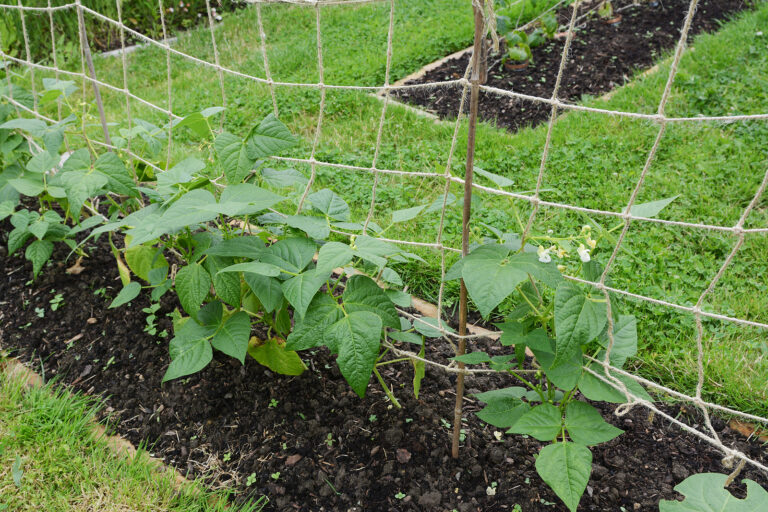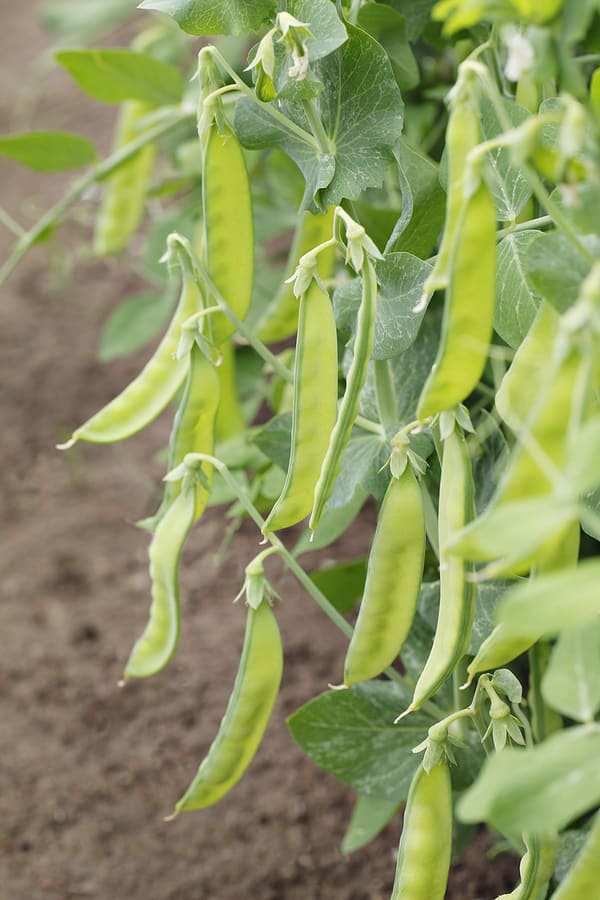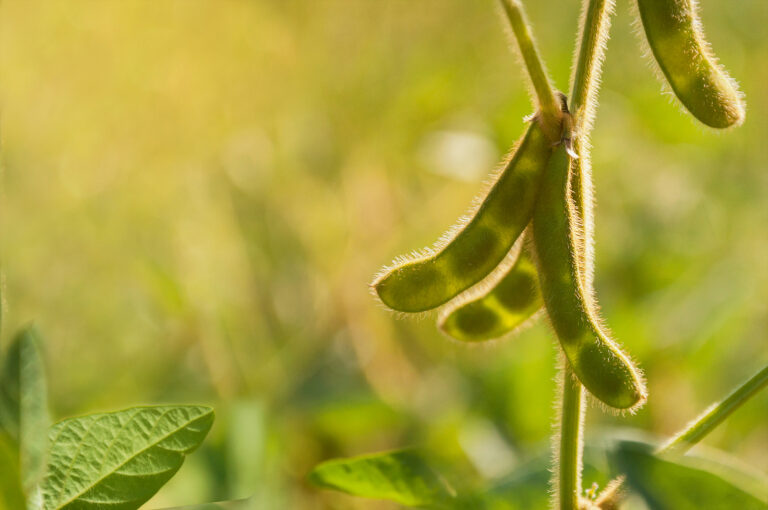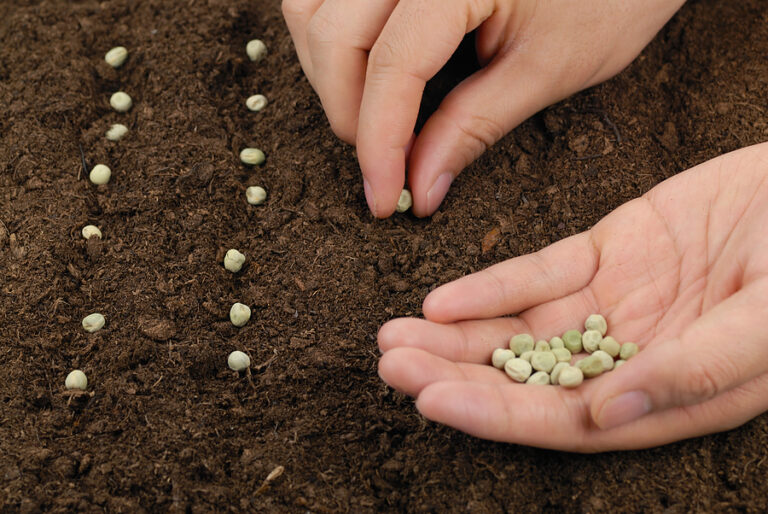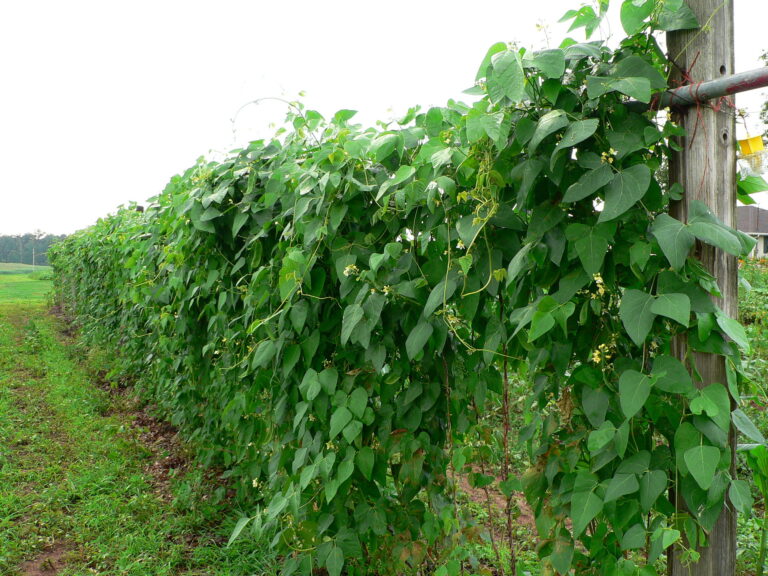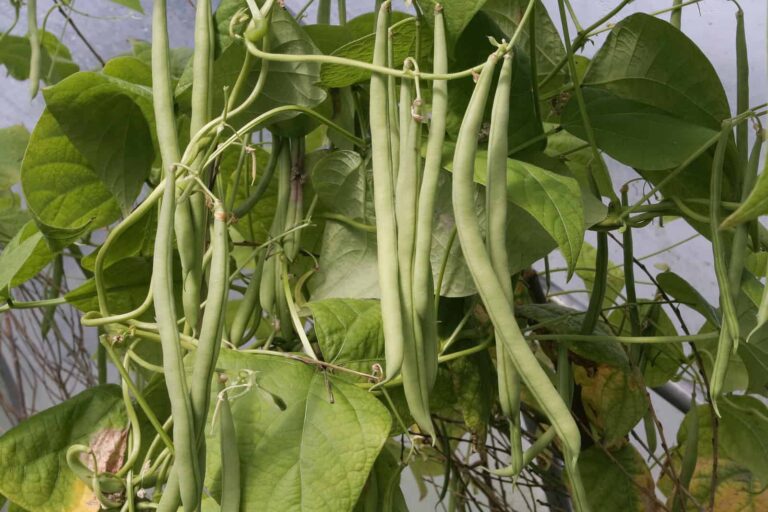How to Dry Fava Beans for Long-Term Storage
Fava beans, also known as broad beans, can be preserved for months or even years when properly dried and stored. Drying allows you to enjoy your homegrown favas long after harvest season and ensures a steady supply for soups, stews, and other recipes. Here’s how to do it right from garden to pantry.
1. Harvest at the Right Stage
For drying, allow the pods to mature fully on the plant until they turn yellow-brown and start to rattle when shaken. The beans inside should be hard and dry to the touch. If rain is expected, pull up the entire plant and hang it upside down in a dry, sheltered place to finish drying.
2. Shell the Beans
Once the pods are completely dry, shell the beans by hand. Discard any moldy or shriveled beans. The key to long storage is uniform dryness—only fully hard, dry beans should be kept.
3. Finish Drying Indoors
Spread the shelled beans in a single layer on a tray or screen in a warm, dry, well-ventilated spot. Let them dry for one to two weeks, stirring occasionally. Alternatively, use a food dehydrator set to 95–105°F (35–40°C) until the beans are hard and no moisture remains when bitten.
4. Test for Dryness
To test if the beans are fully dry, strike one with a hammer—it should crack or shatter, not squash. Beans that are even slightly soft can spoil in storage.
5. Store in Airtight Containers
Place the dried beans in airtight jars, tins, or vacuum-sealed bags. Label them with the date and variety. Store in a cool, dark, and dry place, ideally below 60°F (15°C). Properly dried and stored beans can last for up to 3 years.
6. Protect from Insects
To kill any potential insect eggs, freeze the dried beans for 48 hours before storing. Once thawed, ensure they are fully dry before sealing.
7. Preparing Dried Beans for Use
When ready to cook, soak the beans overnight in cool water, then simmer until tender. Dried fava beans can be used in hearty stews, purees, and Mediterranean dishes year-round.
🫘 Fava Bean Storage Lifespan Comparison Chart
| Storage Method | Preparation Needed | Storage Conditions | Shelf Life | Best Use |
|---|---|---|---|---|
| Fresh (unshelled pods) | Keep pods whole; do not wash before storing | Refrigerator, in a perforated bag or container | 5–7 days | Fresh eating, salads, light cooking |
| Fresh (shelled beans) | Remove from pods, rinse, and dry surface moisture | Refrigerator, airtight container | 3–5 days | Quick-cooking recipes, purees, or fresh sautés |
| Blanched and Frozen | Blanch 3 minutes, cool, drain, and freeze in airtight bags | Freezer at 0°F (-18°C) | 8–10 months | Long-term storage; retains color, texture, and flavor |
| Dried (shelled beans) | Dry fully until hard; store in airtight containers | Cool, dark, dry pantry (below 60°F / 15°C) | 2–3 years | Long shelf life; ideal for soups, stews, and winter dishes |
| Vacuum-Sealed (dried) | Fully dry before sealing | Pantry or cellar, consistent cool temperature | 3–5 years | Maximum preservation with minimal flavor loss |
| Cooked and Frozen | Cook beans, cool, and freeze in small portions | Freezer-safe containers or bags | 3–6 months | Ready-to-eat meals, quick recipe additions |
Fava Bean Learning Hub
Start here: The Ultimate Fava Bean Growing Guide: From Seed to Harvest
Planting & Growing Basics
- Fava Bean Planting Time by Region
- How Deep and How Far Apart to Plant Fava Beans
- Fava Companion Planting Guide
- Growing Fava Beans in Containers
Soil, Water, and Feeding
- Best Soil for Fava Beans and How to Prepare It
- How to Water Fava Beans for Best Growth
- Feeding Fava Beans Naturally: Compost and Nitrogen Fixing
Care & Maintenance
- How to Care for Fava Beans During the Season
- Managing Weeds Around Fava Beans
- Supporting Fava Beans: Do They Need Staking?
Pest & Disease Management
Harvest, Storage & Preservation
- How to Tell When Fava Beans Are Ready to Harvest
- How to Dry Fava Beans for Long-Term Storage
- How to Store and Preserve Fresh Fava Beans
Varieties & Seed Saving
Cooking & Using Fava Beans
Companion & Related Crops

